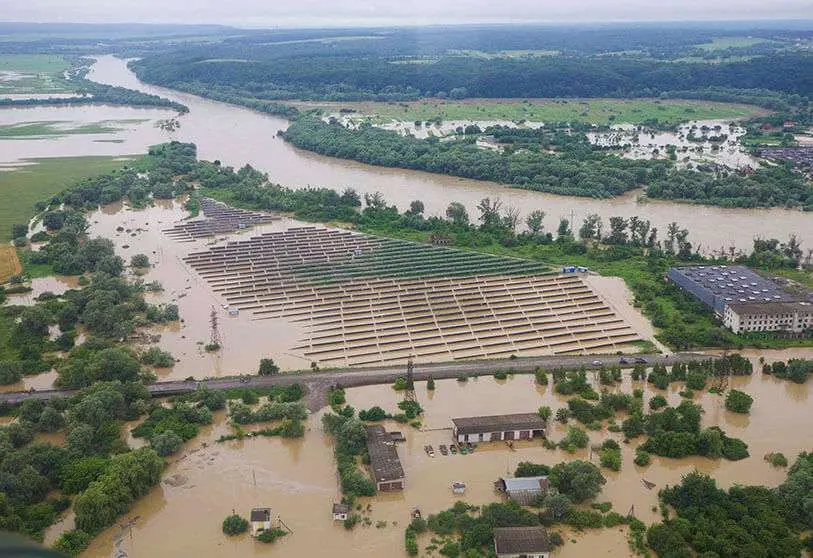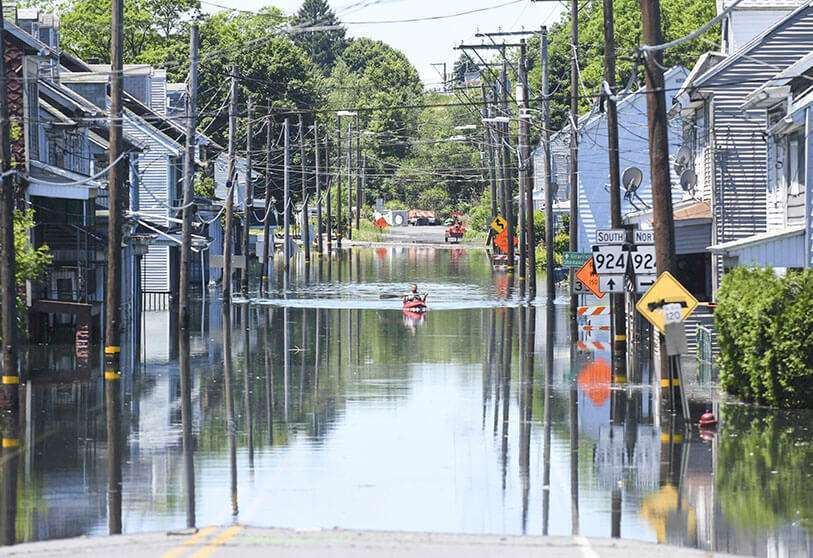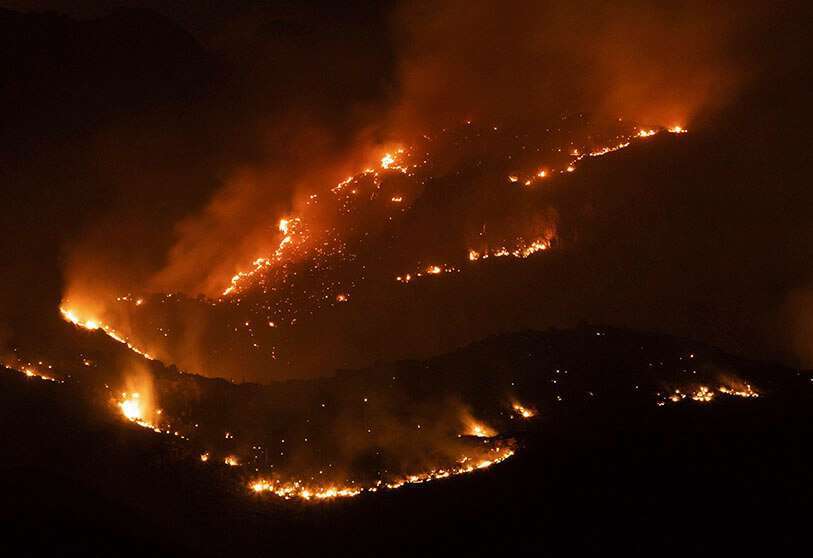After the eclipse of COVID-19, the climate crisis must return to the agenda

Puerto Rican Frances Colón, assistant science and technology advisor at the State Department during Barack Obama's presidency, urged this week to rescue climate change from the oblivion it was relegated to by the COVID-19 pandemic and put it back on the political agenda before it's too late. "We can't wait any longer," he stressed in an interview with Efe for his recent appointment as co-chairman in Florida of Climate Power 2020, a coalition of state legislators and activists whose goal is to raise awareness of a threat that "continues to be very present.
Colón sees "troubling" similarities in the Donald Trump administration's handling of the pandemic and climate change. "I think that by being so concerned about safety, health and our family, the momentum of action that we had has slowed down (...) However, the White House has also decided to ignore and muzzle the scientists who were sounding the alarm, something similar to what has been happening with climate change for a long time," he said.
It seems like an eternity ago when young activist Greta Thunberg was named Time magazine's Person of the Year or when she burst into the Madrid Climate Summit to warn of the environmental challenges facing the planet. Just six months after that the climate problems have been overshadowed by the coronavirus, but the clock is ticking. "All the scientists have let us know that we only have ten years left to reverse the increase in global temperature, so we can't wait any longer," explained Columbus.

On Tuesday, the World Meteorological Organization (WMO) reported that it is investigating the historical highs recorded in the Russian Arctic town of Verkhoyyansk, usually one of the coldest places in the world, but where a temperature of 38 degrees Celsius was recorded on June 20.
In addition, Colón, who worked as a diplomat for more than a decade, said that before the arrival of Donald Trump to the White House, the United States "demonstrated leadership" and made leaps forward in environmental matters which "forced other countries to do the same". A situation that has been completely reversed, as evidenced by the fact that Trump is completing the process of abandoning the Paris Accord that seeks to limit the world's carbon emissions, he said.
However, Colón reiterated that if there is a change of government after the November 3 elections, there is still "time to reverse it. For this specialist in environmental and climate issues, the final objective must be to reach a point where the United States achieves a clean economy that does not emit greenhouse gases, a goal far from being achieved right now. Trump "has used the pandemic to ease environmental constraints with the excuse of boosting jobs and the economy," she said.
Florida is one of the places in the country most affected by climate change, a situation that is particularly worrying due to the rise in sea level in recent years and the fact that the citizens of the south of the state are suffering "in their own flesh" due to flooding and hurricanes. Despite this, he acknowledged that "there is still some denial in the region regarding climate change," although he believes that for more than half of the population this is a problem of great concern.

"Many times that comes from the fact that the problem is seen as distant or as too big a problem for which we don't have the solutions. When a problem feels too inaccessible, that's when there's a disconnect. Something similar has happened with COVID-19; there are people who are not aware of the seriousness of the virus," Colón added.
That's why many activists like Colon celebrated last week when the Florida Senate approved SB 178, which for the first time prohibits any coastal construction with the tax budget without first conducting a study on the environmental impact in the next fifty years.
The new rule, which has bipartisan support and has now passed into the hands of Governor Ron DeSantis for final approval, is one of the first steps in curbing climate change. It shows that "state leaders have realized that action is needed. "Investments need to be made based on resilience, as do budgets that need to be integrated with climate issues," Colón added.







